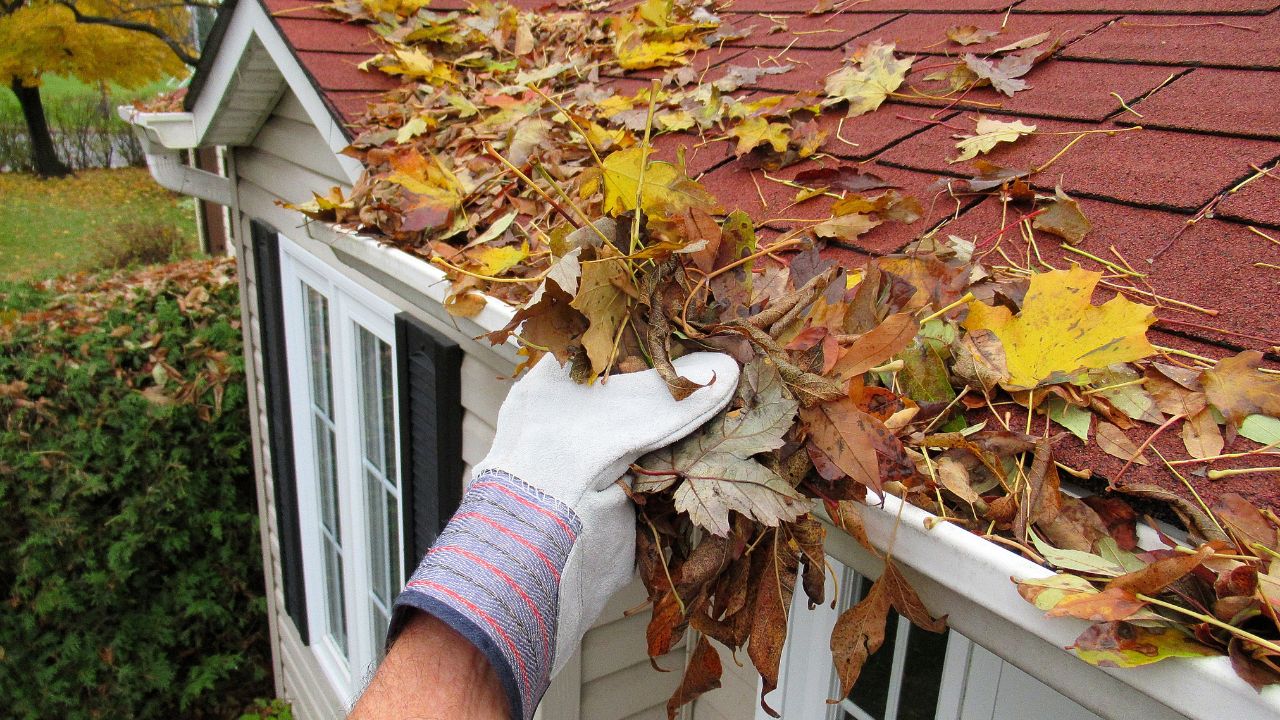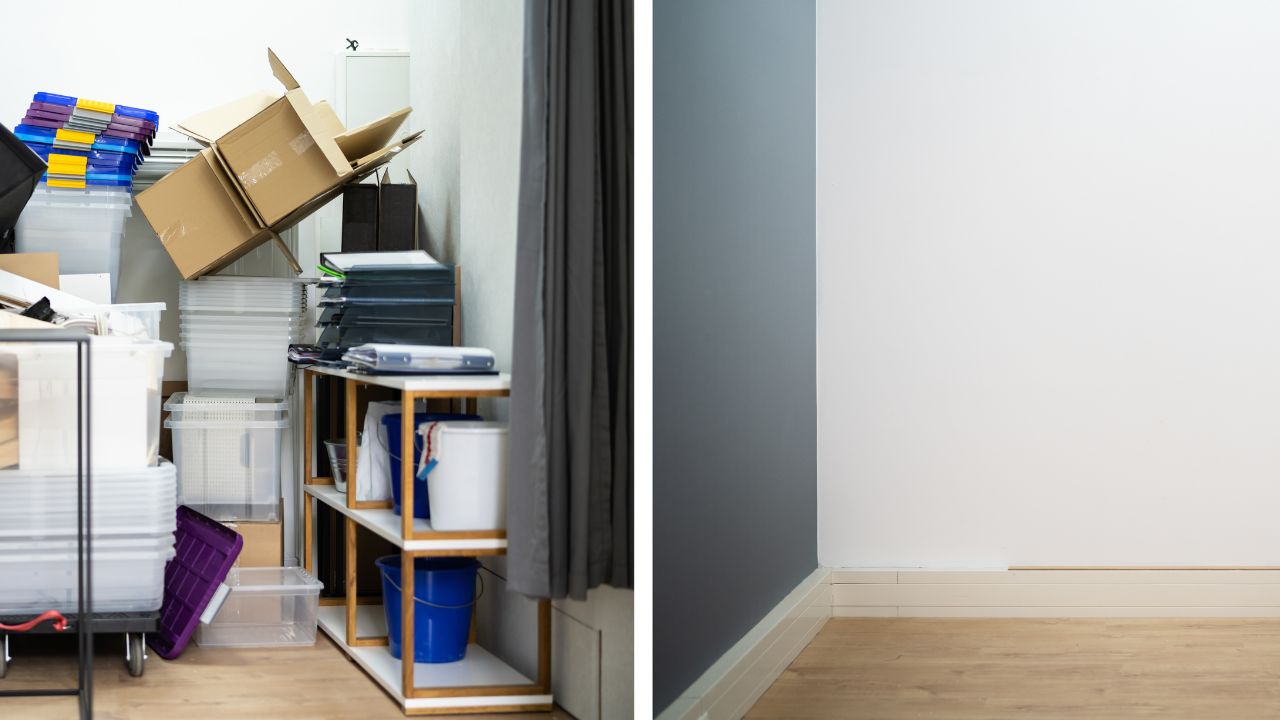 When house-hunting, the location of your potential home is as important as the home itself. One factor you may encounter is proximity to a school. Whether or not you have children, living near a school can significantly impact your daily life. With schools in session for most of the year, it’s essential to consider both the benefits and drawbacks before making a decision.
When house-hunting, the location of your potential home is as important as the home itself. One factor you may encounter is proximity to a school. Whether or not you have children, living near a school can significantly impact your daily life. With schools in session for most of the year, it’s essential to consider both the benefits and drawbacks before making a decision.
Advantages of Living Near a School
1. Convenience for Families
For families with school-age children, living close to a school simplifies daily routines. Morning drop-offs and afternoon pick-ups become faster and less stressful when the school is just a short walk away. Walking instead of driving not only saves time but also adds physical activity to your day.
2. Increased Safety
Schools often have heightened security measures, and neighborhoods near schools tend to have a visible police or local law enforcement presence. While this doesn’t guarantee absolute safety, it can create a sense of security for residents. Be sure to research crime statistics in the area to confirm its overall safety.
3. Access to Recreational Facilities
Many schools provide access to tracks, playgrounds, and sports fields after hours. Families can take advantage of these spaces for outdoor activities and exercise. However, some larger school districts restrict public access, so verify whether these facilities will be available in your chosen neighborhood.
4. Strong Sense of Community
Schools often act as community hubs, hosting events like craft fairs, sports games, and adult education classes. These gatherings can provide opportunities to meet neighbors and become involved in local activities, fostering a tight-knit community spirit.
5. Higher Resale Value
Homes located near reputable schools or within sought-after school districts typically hold their value well and may even appreciate more quickly. Proximity to a desirable school can make your property more appealing to future buyers, especially families.
Disadvantages of Living Near a School
1. Limited Parking
Street parking can become a challenge near schools, particularly during school hours or special events. Staff, parents, and students may fill the streets, leaving little space for residents. Homes with private driveways or ample off-street parking are better suited for these neighborhoods.
2. Noise Levels
Living near a school means dealing with noise from various activities, such as sports practices, PA announcements, or band rehearsals. Depending on your proximity to the school, this could become a nuisance, especially during weekends or evenings when you’re looking for peace and quiet.
3. Traffic Congestion
Traffic near schools can be heavy during drop-off and pick-up times. Special events like plays or games can also lead to road congestion. If you’re considering a home near a school, plan to observe the area during peak traffic times to understand how it might affect your routine.
4. Increased Foot Traffic
Schools bring a higher volume of children and teens into the neighborhood, especially during after-school hours. While this fosters a lively atmosphere, it may also lead to occasional loitering or trespassing on private property.
Living near a school has its advantages, from added convenience for families to stronger community ties. However, challenges such as parking issues, noise, and traffic should not be overlooked. Before making a decision, consider:
-
Can you handle the noise and congestion?
-
Does the safety and community vibe outweigh the inconveniences?
-
Is the potential increase in property value worth the trade-offs?
By carefully weighing the pros and cons, you can determine whether living near a school aligns with your lifestyle and priorities.
 Deciding whether to rent or buy a home is one of the most significant financial decisions you’ll ever make. Both options come with their own set of advantages and challenges, so it’s essential to weigh them carefully. Your choice will depend on various factors, including your lifestyle, long-term goals, and financial situation.
Deciding whether to rent or buy a home is one of the most significant financial decisions you’ll ever make. Both options come with their own set of advantages and challenges, so it’s essential to weigh them carefully. Your choice will depend on various factors, including your lifestyle, long-term goals, and financial situation.  Home maintenance might not be the most exciting part of homeownership, but it’s one of the most important. Taking the time to care for your property helps preserve its value, prevent costly repairs, and improve your living environment. Start the year strong by tackling these essential home maintenance tasks in 2025.
Home maintenance might not be the most exciting part of homeownership, but it’s one of the most important. Taking the time to care for your property helps preserve its value, prevent costly repairs, and improve your living environment. Start the year strong by tackling these essential home maintenance tasks in 2025. Selling your home can be exciting and emotional. You may be focused on the potential profit from the sale, it’s essential to understand the costs that come with closing the deal. Closing costs can significantly impact your net proceeds, so being prepared will help you avoid surprises and plan accordingly.
Selling your home can be exciting and emotional. You may be focused on the potential profit from the sale, it’s essential to understand the costs that come with closing the deal. Closing costs can significantly impact your net proceeds, so being prepared will help you avoid surprises and plan accordingly.  When selling your home, first impressions are everything. A clean, well-organized space allows potential buyers to envision themselves living there and can even increase the perceived value of your property. Cleaning is not just about making your home look good; it’s a strategic move to ensure your home stands out in a competitive market. Here’s how to tackle the cleaning process effectively when preparing your home for sale.
When selling your home, first impressions are everything. A clean, well-organized space allows potential buyers to envision themselves living there and can even increase the perceived value of your property. Cleaning is not just about making your home look good; it’s a strategic move to ensure your home stands out in a competitive market. Here’s how to tackle the cleaning process effectively when preparing your home for sale. When most people think about buying a home, the spring and summer months often come to mind. After all, that’s when the market is buzzing with activity. However, what many don’t realize is that January can be one of the best times to purchase a home. From motivated sellers to financial benefits, buying during the winter months offers several unique advantages for savvy homebuyers.
When most people think about buying a home, the spring and summer months often come to mind. After all, that’s when the market is buzzing with activity. However, what many don’t realize is that January can be one of the best times to purchase a home. From motivated sellers to financial benefits, buying during the winter months offers several unique advantages for savvy homebuyers.